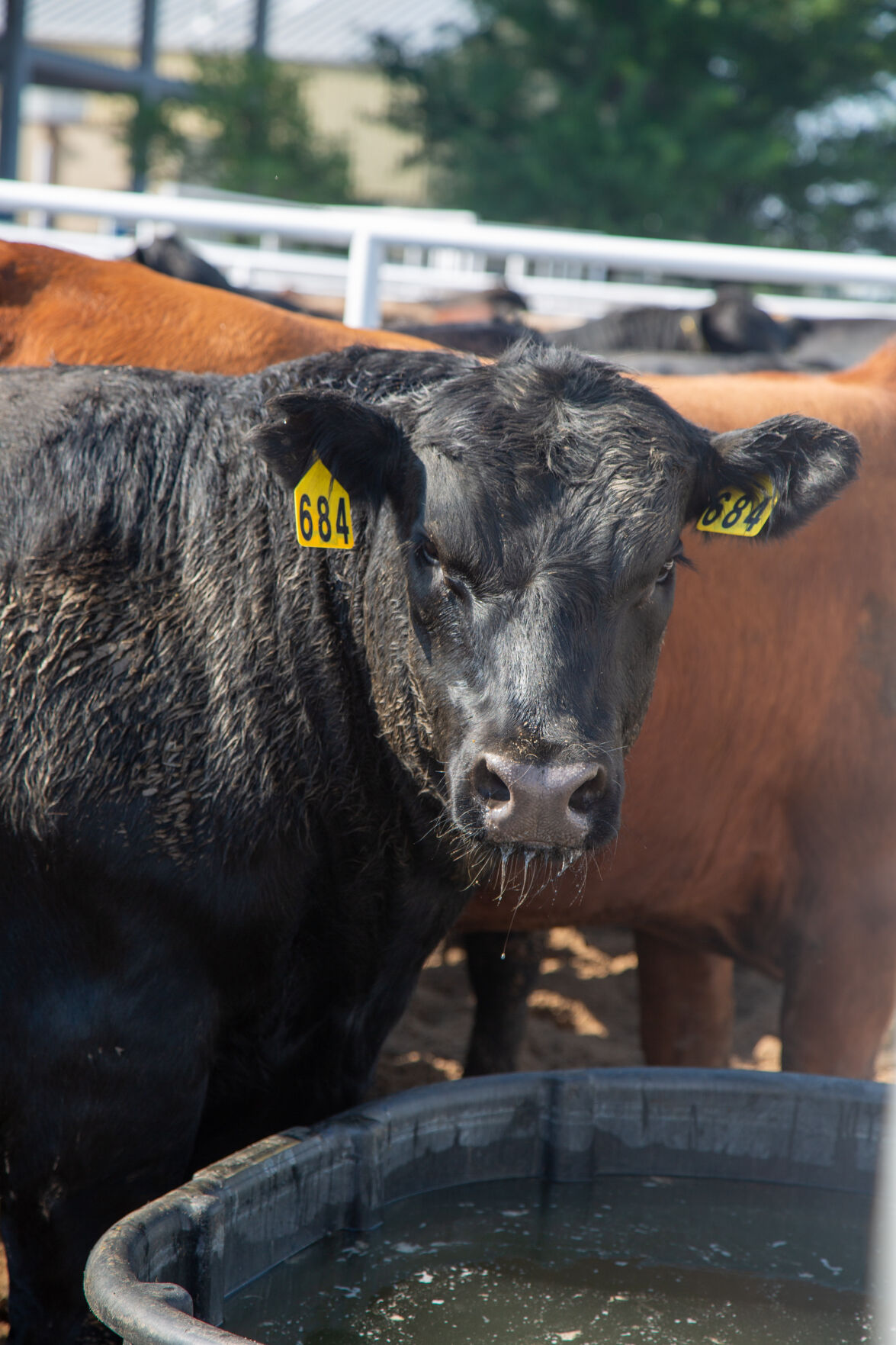Fighting cattle-pestering flies goes organic

Welcome to Pocket Science: a glimpse at recent research from Husker scientists and engineers. For those who want to quickly learn the “What,” “So what” and “Now what” of Husker research.
What?
When cattle are fighting flies in the summer, they gather in tight bunches, leading them to eat less while experiencing more stress and discomfort. Beef producers have limited options for controlling the flies that pester their cattle. Moreover, existing insecticides are losing their effectiveness as insects develop resistance to repeated use.
Dave Boxler, a Nebraska Extension entomologist at the West Central Research, Extension and Education Center, has worked with a company for 15 years to develop a new insecticide that is organic and doesn’t affect honeybees or bumblebees. The insecticide is based on two fatty acids derived from palm oil.
So what?
The new insecticide shows promise for organic producers—who currently don’t have many effective, economical fly-control options—and for conventional producers who want to use products that are safer for people, animals and the environment.
In field trials, where cattle walked through an automatic sprayer that misted them with the insecticide, Boxler and his team found that the flies swerved away from animals that had been treated, as expected. However, they were surprised to find that the spray also killed the target flies on contact, an added benefit.
Now what?
Boxler’s team previously helped develop a version of the insecticide that has been approved by the Environmental Protection Agency for use on horses. That insecticide, called EcoVet, is commercially available nationwide.
The researchers are now waiting on EPA approval for the cattle-specific version. Boxler plans to continue studies next summer, when the team will test how much it can lower concentrations and achieve the same effectiveness.



